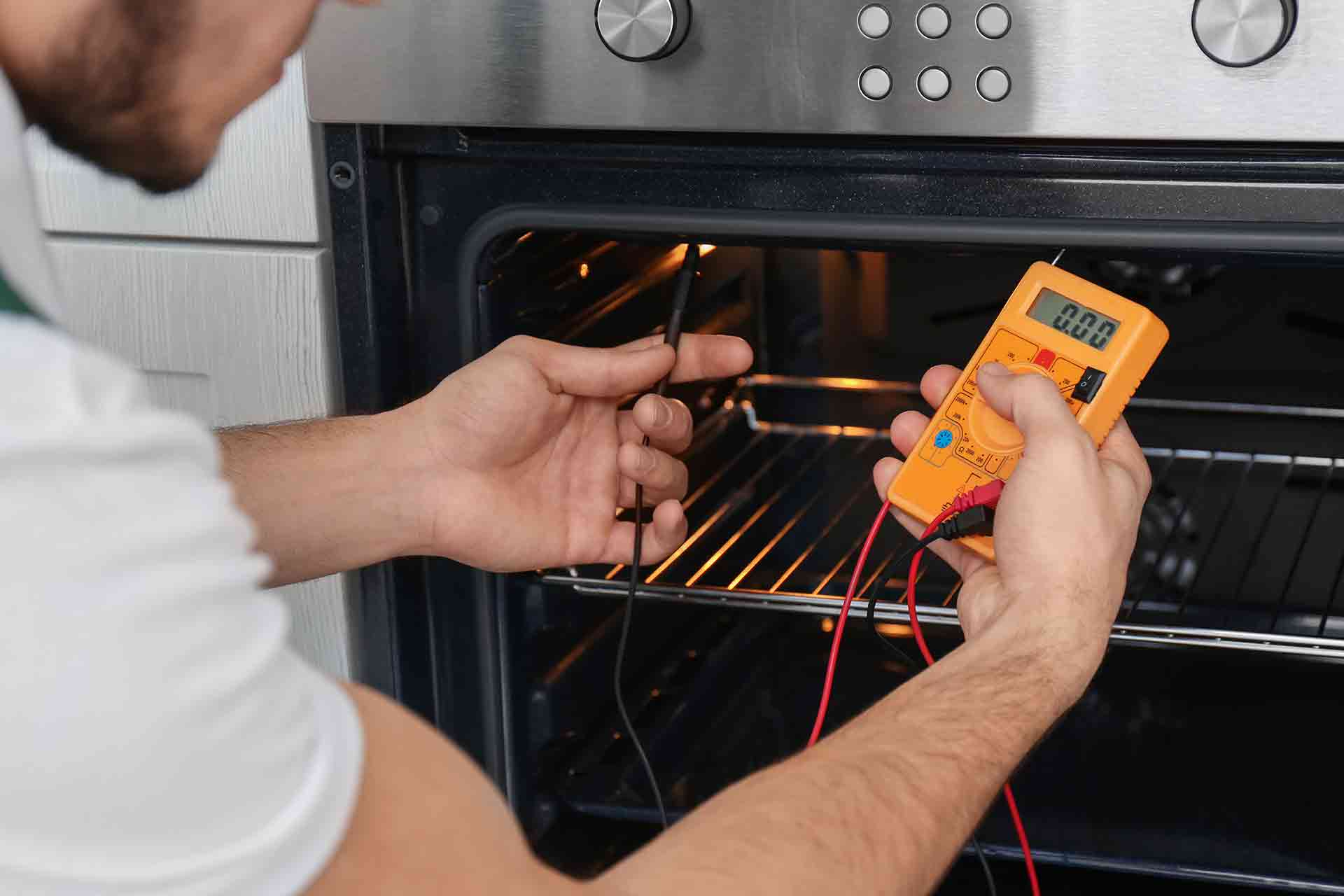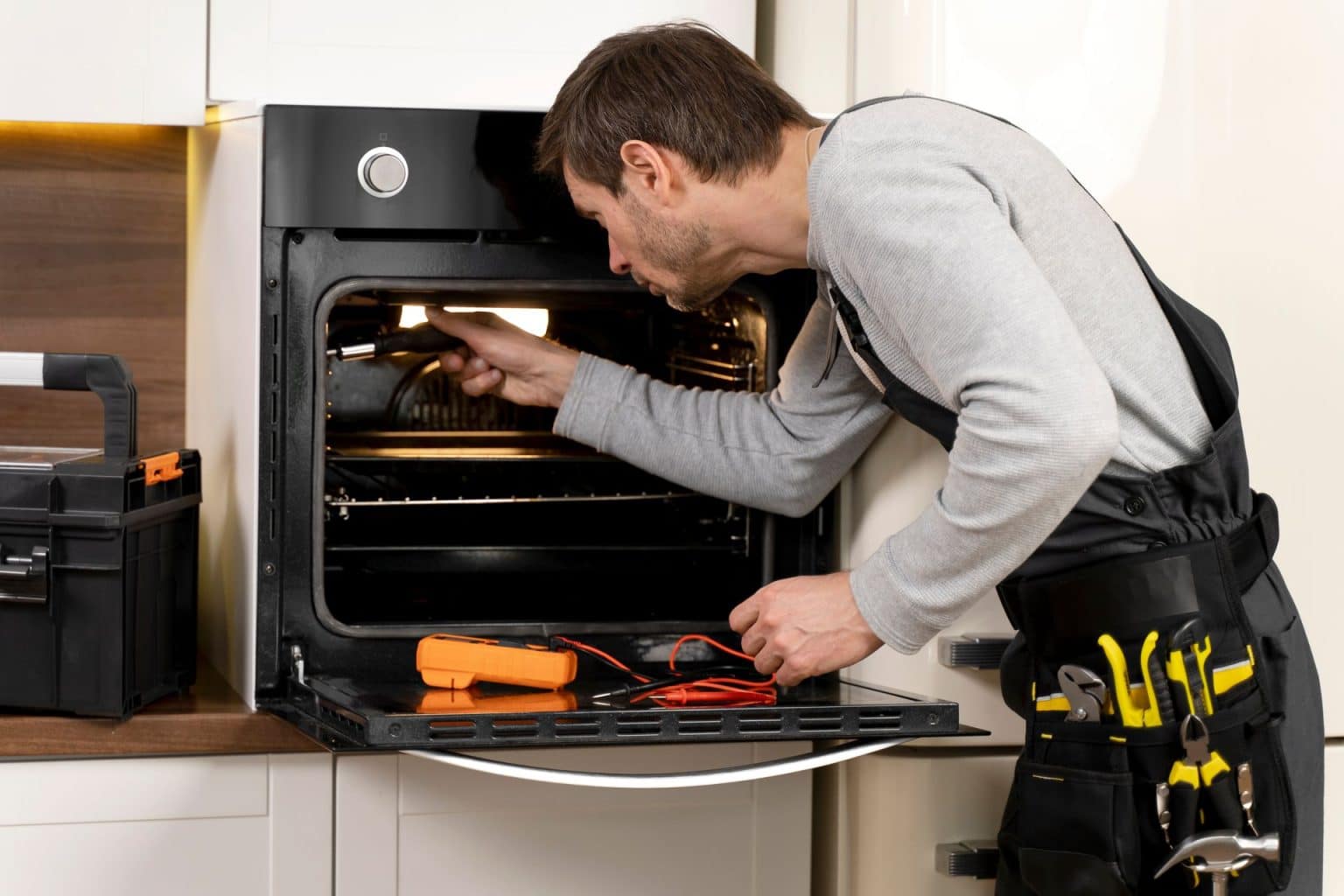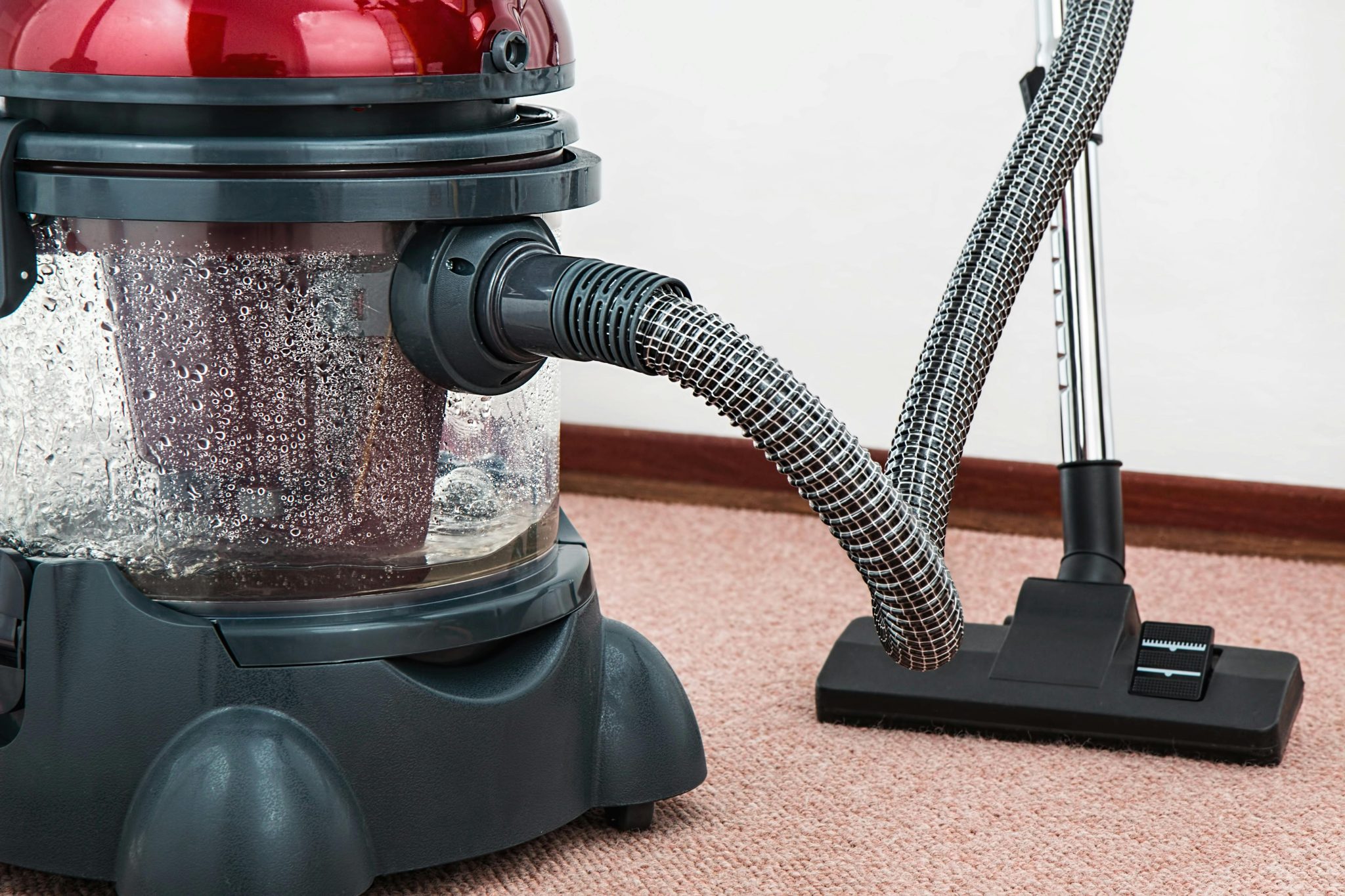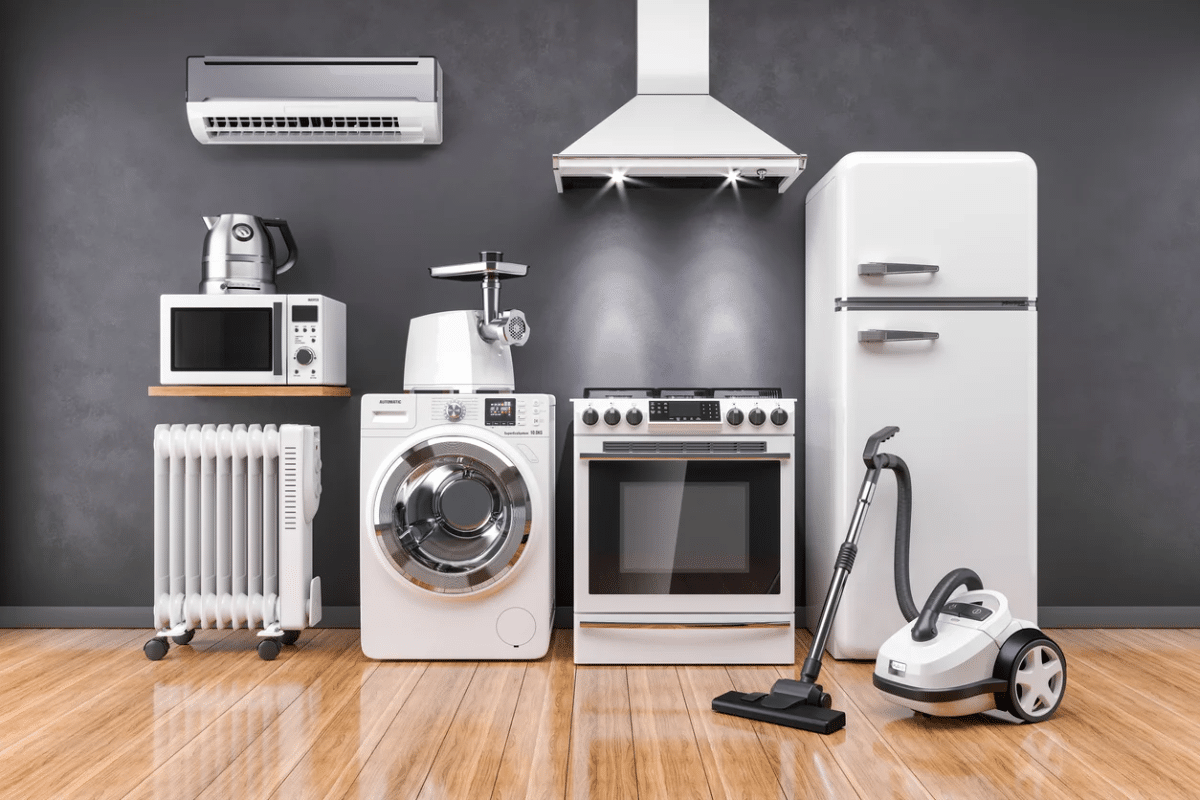Saving Money and Resources: Why Repairing Your Oven is Better Than Replacement
Have you ever faced the dilemma of a broken oven right before an important dinner or during the holiday baking rush? A typical scenario prompts a quick decision: should I repair or replace my oven?
While the allure of a shiny new appliance is hard to resist, repairing your existing oven can often be a wiser choice, financially and environmentally. Let’s dive into why sticking with your current oven could be your best bet.
Why Repair Over Replace?
Choosing to fix ovens rather than replace them presents several compelling benefits beyond immediate cost savings. When you repair an oven, you extend its useful life, maximizing the value of your original investment.
This decision aligns well with environmentally conscious living by reducing waste and the demand for new materials and energy used in manufacturing new appliances. Repairing an appliance like an oven can also be a quicker solution than selecting, buying, and installing a new one, which can be both time-consuming and disruptive.
Moreover, by opting to fix ovens, you support local businesses and technicians, which helps stimulate your local economy and maintains community employment. This choice often leads to personalized service and the opportunity to build relationships with service providers who can offer tailored advice and quicker response times in the future.
Fixing an appliance can often preserve customized settings and features that may not be easily replicated in a new model, ensuring that you continue to enjoy the unique functionalities tailored to your cooking habits.
Additionally, repairing avoids the problem of finding a new appliance that fits the specific dimensions and style of your kitchen setup, which can be surprisingly challenging. It also mitigates the risk of encountering new technological issues or compatibility problems with existing kitchen systems.
Ultimately, when you choose to fix ovens, you select one that benefits your wallet, the environment, and your community, proving that the most sustainable option can also be beneficial in the long run.
Cost Comparison: Repair vs. Replacement

When considering whether to repair or replace your oven, conducting a thorough cost comparison is crucial to determine the most economical choice. Typically, the cost of repairing an oven, such as replacing a faulty element or thermostat, is significantly lower than purchasing a new one.
For example, minor repairs cost you $100 to $300. In contrast, a new oven can range from $500 to several thousand dollars, depending on the brand and features. However, if your oven is old and repairs are becoming frequent, the cumulative cost of these repairs could surpass the price of a new, more efficient model.
New ovens often come with energy-saving features that can reduce long-term utility costs, potentially offsetting the higher initial purchase price. Ultimately, balancing these upfront costs with potential future savings and the current condition of your oven will guide you to the most financially sensible decision.
Assessing the Extent of Damage
Assessing the extent of damage to your oven is critical in deciding whether a repair or replacement is feasible. Start by identifying the symptoms of the malfunction, such as uneven baking, failure to heat, or unusual noises, which can indicate the type or severity of the issue.
Next, consult the oven’s manual or seek online resources for troubleshooting tips pointing to specific faulty components, such as the thermostat, heating element, or control board. Consider hiring a professional technician to perform a detailed inspection and test various components with specialized tools for a more accurate diagnosis.
The technician’s findings will provide insight into whether the damage is localized, easily fixable, or extensive and costly to repair. Understanding the nature and extent of the damage helps make an informed repair-versus-replacement decision and estimate the potential costs involved if a repair is chosen.
The Lifespan of Ovens
The lifespan of an oven is a crucial factor to consider when deciding between repair and replacement. Generally, ovens are expected to last between 10 to 15 years, depending on the brand, usage, and maintenance practices.
Higher-end models might last longer due to better construction and materials. In contrast, budget models might have a shorter lifespan due to more essential components. Regular maintenance, such as keeping the oven clean and promptly addressing repairs, can significantly extend its life.
Over time, however, even well-maintained ovens may show signs of wear and tear, such as inefficient heating or malfunctioning controls, which indicate their approaching life expectancy. Understanding your oven’s typical lifespan helps you anticipate replacement needs and evaluate whether current repairs are worthwhile in its remaining serviceable years.
Future-Proofing Your Oven
Future-proofing your oven involves ensuring it remains functional and efficient for as long as possible, adapting to technological advancements and changing household needs. One key strategy is to invest in intelligent technology upgrades, such as programmable timers or Wi-Fi connectivity, which can enhance the oven’s usability and efficiency.
Regular maintenance, including deep cleaning and timely replacement of worn-out parts like seals and heating elements, is crucial in extending the oven’s lifespan and maintaining its performance. Additionally, staying informed about energy-efficient practices and implementing them can help reduce operating costs and minimize environmental impact.
For those looking to make their kitchen more sustainable, consider retrofitting older ovens with energy-efficient parts, if available. By taking these proactive steps, you maximize your oven’s utility and prepare it to meet future cooking demands and energy standards.
In conclusion, considering the various aspects discussed can lead to a choice that benefits both your wallet and the environment when faced with the decision to repair or replace your oven. Repairing an oven is often the more cost-effective and environmentally friendly, as it extends the appliance’s life and reduces waste and resource consumption associated with manufacturing new products.
However, it’s essential to assess the extent of damage and the overall condition of the oven, along with considering its lifespan and any potential future-proofing benefits. By choosing to repair, you also support local businesses and reduce the hidden costs and inconveniences associated with purchasing and installing a new appliance.
Whether you decide to repair or replace, thoughtful consideration of these factors will ensure that your decision aligns with your financial goals, cooking needs, and environmental values, helping you make the most sustainable and economical choice for your home.







